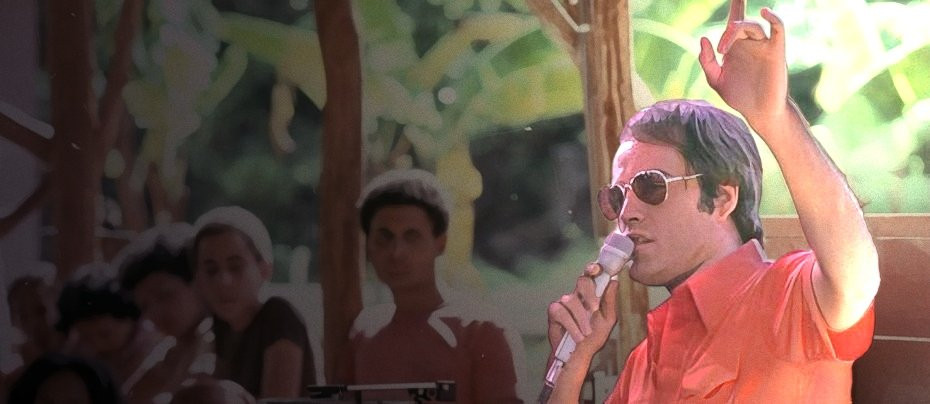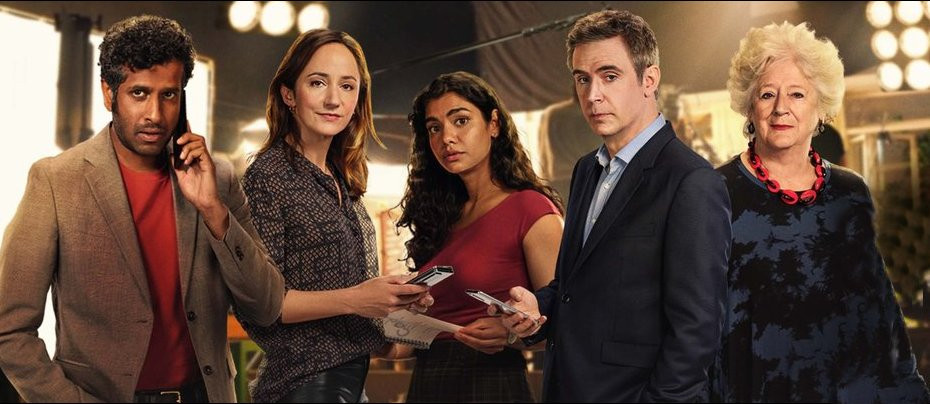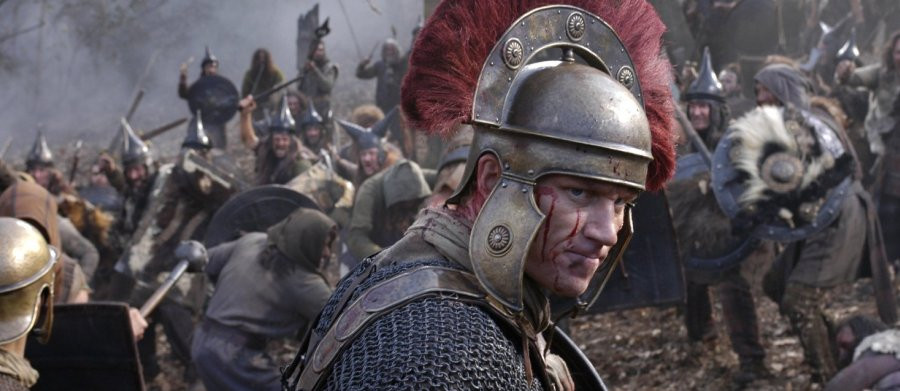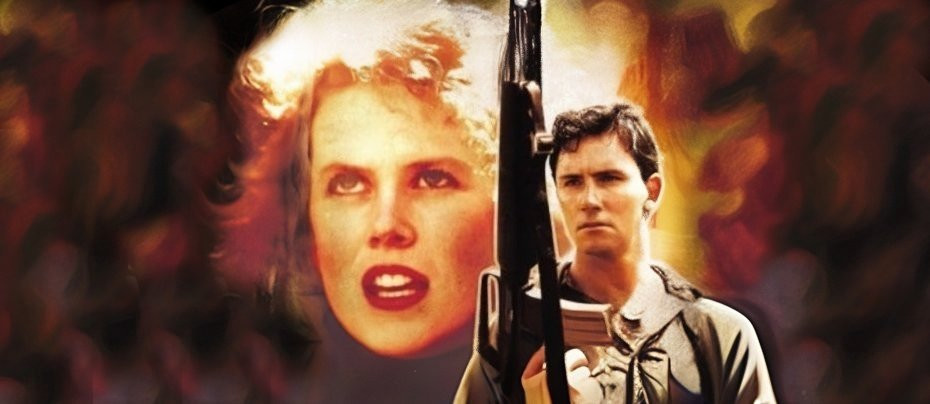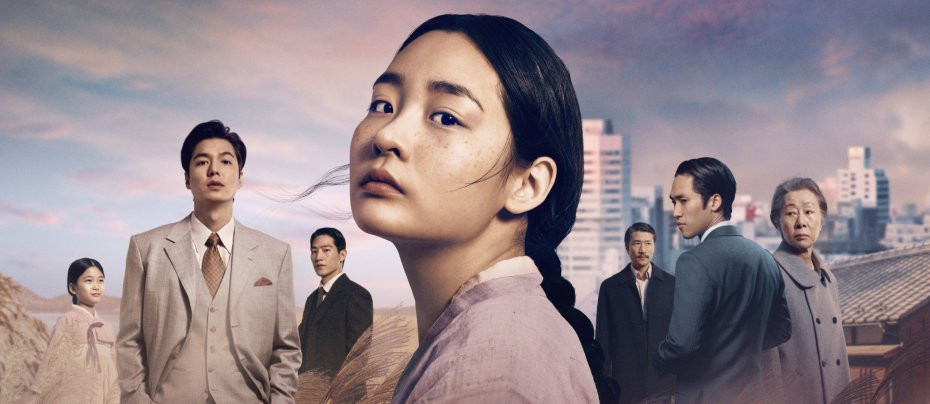
Pachinko
2022 - United StatesA generational story of a Korean immigrant family in Japan unfolds over several decades and through many world-shattering events. Based on the bestselling novel by author Min Jin Lee, the AppleTV+ series just had its second season with returning creator Soo Hugh and lead stars Min-ha Kim and South Korean heartthrob Lee Min-ho.
Review by AJ
Pachinko’s generation-spanning drama begins with Kim Sunja (Min-ha Kim), who grew up in a tiny fishing village in Japanese-occupied Joseon – present-day Korea – before the start of World War II. She falls in love with Koh Hansu (Lee Min-ho), a mysterious Korean man with ties to the yakuza, and bears his child, only to find out he’s already married. Later, Sunja marries a kindhearted Protestant minister named Baek Isak (Steve Sang-Hyun Noh) and moves with him to Japan, where they begin a humble life as immigrants. There, their family faces racial discrimination and hardships that get progressively more severe as Japan engages in World War II. Told in non-chronological order, the story goes back and forth between Sunja’s life during the war and an older Sunja in the 1980’s with her family now well-off in Japan.
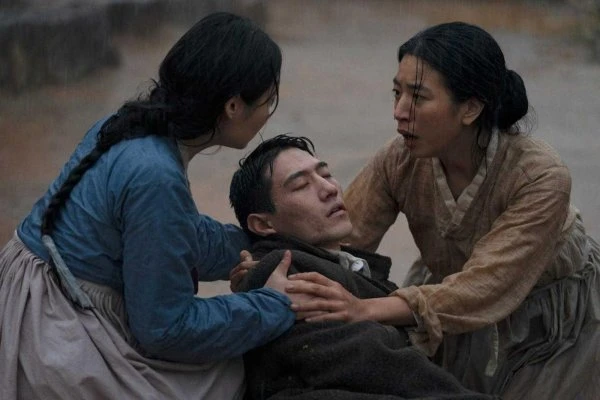
The second season continues the two timelines of events. In the 1940’s, Sunja struggles to raise her sons alone after Isak’s death, while famine and the threat of bombings loom every day. In 1989, Sunja’s grandson Baek Solomon (Jin Ha) desperately seeks out a loan to cover the debt incurred by the family’s pachinko (gambling parlour). Within the two storylines lie the tale of perseverance and search for belonging of one family.
—
“What is home?”
It’s the story at the heart of Pachinko’s complex structure. Soo Hugh, the creator of the show herself, thinks so.
“At the heart, it’s a story about families searching for a home, depending on how you define ‘home’” she says. “Some people define that by what country or physical house they live in. Someone like Sunja defines home as who she’s with – family is her home.”
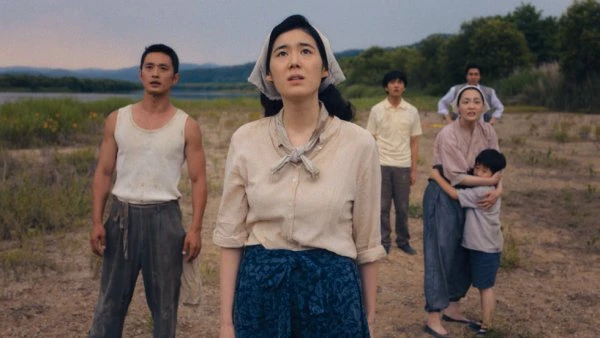
And so, the glue that holds together the series is the familial bond between Sunja and her family members. As Sunja, Min Ha exudes quiet strength that stands out in its understated-ness. Through the miserable events depicted in the show, she’s ever radiant and spirited – the true anchor of the whole show. The first season focuses on how Sun Ja and Isak’s marriage of convenience turns into real affection. The second shifts to her connections with her sons (and in the case of older Sunja, grandson) and sister-in-law Kyunghee (Eun-chae Jung). As they continue living as citizens of a foreign land that treats them as such, Sunja must grapple with her boys - experiencing racism and poverty. Through it all, her sisterly bond with Kyunghee complements Sunja as the two women try to hold together their family amidst deteriorating conditions. Their ordeal is something that the book so authentically described without veering into cloying sentimentality, and now the series manages to capture it with just as much dignity.
The beautiful storytelling is complemented by its top notch production value. The film has a lush cinematography and production design, bringing to life war-torn Japan with vivid grimness and later, the dynamic 1980’s Japan in all its economic boom glory. The score is evocative. The way the story juggles its storytelling in bilingual (Japanese, and Korean) truly represents the immigrant experience and its verbal nuance.
An intergenerational story of survival, family bonds, and nationalism, Pachinko is a well-woven series with every element firing on all cylinders. A brilliant once-in-a-generation tale.
Pachinko is available to watch on Apple TV+
Seen this show? How do you rate it?
Seen this show? How do you rate it?
Published on October 24th, 2024. Written by Jennifer Ariesta for Television Heaven.


